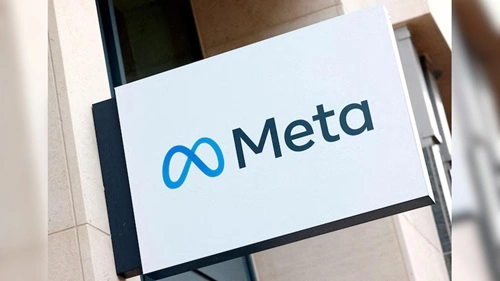Meta Platforms, the parent company of Facebook, Instagram, and Threads, has announced a significant shift in its approach to content verification in the United States. The company plans to terminate its third-party fact-checking program, replacing it with a community-driven model known as “Community Notes.” This transition has sparked concerns among experts about the potential proliferation of misinformation and its implications for content regulation in markets like India.
Transition to Community-Driven Fact-Checking

Community Notes, a concept popularized by Elon Musk following his acquisition of Twitter, involves user-generated assessments where individuals evaluate the accuracy of content based on various criteria. Meta’s adoption of this model signifies a move away from collaborations with independent fact-checking organizations, which have traditionally played a crucial role in curbing the spread of false information on its platforms.
Phil Bloomer, Executive Director at the Business and Human Rights Resource Centre, expressed apprehension, stating that the current global climate of increasing conflict and authoritarianism thrives on disinformation and the unwarranted creation of fear. Similarly, Angie Drobnic Holan, Director of the International Fact-Checking Network, voiced disappointment over Meta’s decision. She emphasized that existing fact-checkers adhere to a Code of Principles that prioritize nonpartisanship and transparency. Holan remarked, “It’s unfortunate that this decision comes in the wake of extreme political pressure from a new administration and its supporters.”
Potential Impact on India’s Digital Landscape
While Meta’s policy change is currently confined to the U.S., there is growing concern that similar strategies may be implemented in other significant markets, including India. Presently, Meta collaborates with approximately a dozen independent fact-checking organizations in India to monitor and verify content across its platforms. A shift to a community-based model could have profound implications for the country’s efforts to combat misinformation.
Pratishtha Arora, CEO of Social and Media Matters, a New Delhi-based NGO focused on online safety, cautioned that community-based checks might not always meet technical standards. She noted that platforms often fail to act promptly on flagged content, potentially allowing misinformation to spread unchecked. Experts also warn that the withdrawal of Meta’s financial and technical support could compel Indian fact-checking organizations to either pursue independent projects or cease operations entirely, thereby weakening the nation’s defenses against digital misinformation.
Meta’s Rationale and Future Plans
Meta has introduced the Community Notes feature on Facebook, Instagram, and Threads, enabling users to flag posts that may be misleading or lack context. This approach transfers the responsibility of content verification from independent fact-checkers to the user community. The company acknowledged that its previous content regulation efforts had become overly complex, leading to frequent mistakes, user frustration, and limitations on free expression. Meta plans to gradually implement Community Notes in the U.S. and refine the system over time.
Broader Implications for Digital Regulation
Meta’s decision arrives at a time when the Indian government is intensifying its efforts to regulate digital content. The establishment of a government-appointed fact-checking unit has been a subject of debate, with concerns about potential censorship and the suppression of dissenting voices. The Editors Guild of India has expressed apprehension that such measures could lead to censorship of free speech in the country.
The Supreme Court of India has also intervened, staying the government’s notification on setting up fact-check units, recognizing the constitutional questions raised and the need for a thorough analysis by the Bombay High Court.
In this context, Meta’s move to alter its fact-checking mechanisms could influence the broader discourse on digital regulation in India. The reliance on community-driven models may prompt discussions about the efficacy and reliability of such systems in managing misinformation, especially in a diverse and populous country like India.
Conclusion
As Meta transitions to a community-based fact-checking model in the U.S., stakeholders in India are closely monitoring the developments. The potential extension of this approach to India raises critical questions about the future of content moderation, the role of independent fact-checkers, and the effectiveness of community-driven initiatives in combating misinformation. The evolving landscape underscores the need for a balanced approach that safeguards free expression while ensuring the integrity of information in the digital realm.
Hina Abbasi is Editor and a passionate sports and entertainment content writer at WinnersMaze.com. Hina’s expertise spans across a wide range of sports, and interest in many TV shows allowing her to deliver insightful analysis and compelling stories that resonate with readers.

